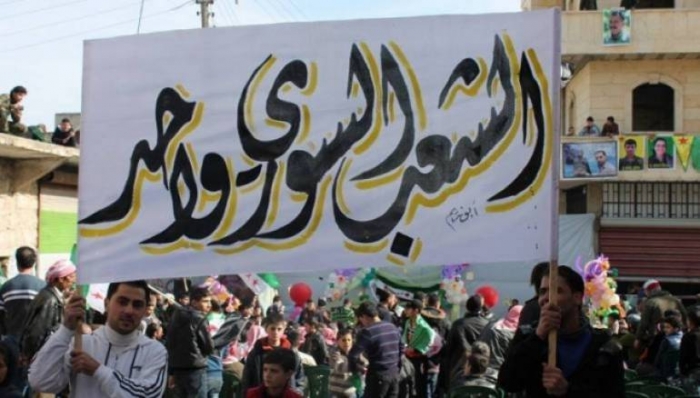The “cessation of hostilities” agreement as part of a Russian-U.S. cease-fire plan in Syria was implemented last Saturday in all areas excluding those controlled by the Islamic State group and Nusra Front.
People in areas under ISIS control fear being targeted by all forces under the pretext of fighting terrorism, while the situation for the areas under the control of the Syrian regime and Kurdish self-administration would remain the same, as they have not been subjected to air raids at any time.
People from the ISIS-controlled cities of Raqqa and Deir-ez-Zor told Zaman al-Wasl that they were concerned for their lives because they fear being targeted by all forces that oppose the so-called Islamic State.
Most people in these areas agreed that a truce could not benefit all Syrians as it excluded their own areas, which would allow all air forces, especially Russia's, to target the two regions at will. These fears pushed many families to escape toward Turkey, but in many cases civilians were prevented from leaving by blockades of the Kurdish Democratic Union Party (PYD) and ISIS.
Moreover, people in Raqqa said they feared possible ground incursions by regime forces, the PYD and the Western-backed Syrian Democratic Forces (SDF).
But, despite their fears, many people saw advantages in the truce for rebels and other revolutionary forces, especially if they manage to unite their forces and views.
A poll found that people in Deir-ez-Zor do not trust the international community or the Syrian regime, and do not expect the truce to be upheld, citing the Assad regime’s previous truce violations and the international community’s inability to act on the regime’s massacres and use of chemical weapons.
People in Deir-ez-Zor are also afraid of intensified airstrikes by Russian forces and the U.S.-led anti-ISIS coalition, as the province has been excluded from the truce and is considered to be the stronghold of the Islamic State group in Syria.
Residents expressed their anger toward the dire situation of the city after the Russian bombing began in September 2015, as more than 300 people were killed and thousands of others wounded.
This article was edited by The Syrian Observer. Responsibility for the information and views set out in this article lies entirely with the author.


